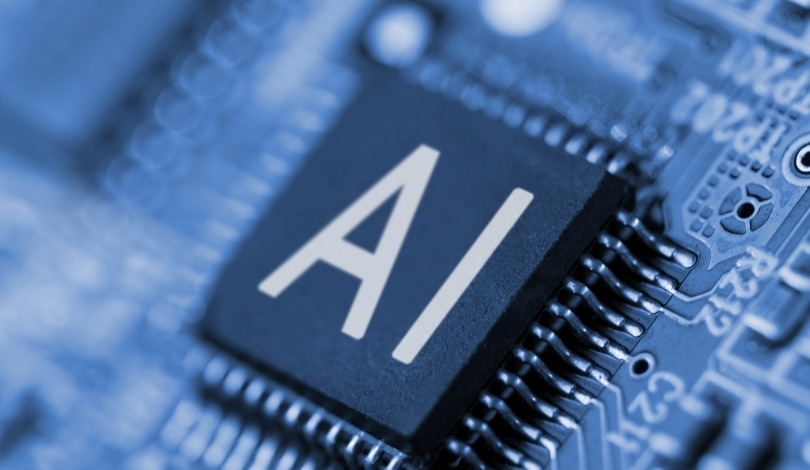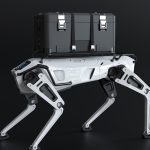Anthropic is moving its artificial intelligence expertise beyond tech and consumer brands, expanding into heavy industry through a new partnership with IFS Nexus Black, the innovation branch of IFS. With the launch of Resolve, an industrial A.I. platform powered by Anthropic’s Claude, the collaboration seeks to optimize rapid decision-making in sectors where operational reliability is critical. While Anthropic has demonstrated success with BMW, L’Oréal, and other household names, this recent move marks the company’s first major foray into field operations that demand real-time responses to complex problems. This strategic partnership reflects not just market expansion, but a recognition that the challenges and metrics of success in industry differ from those in retail or digital services. Demand for robust and dependable A.I. is rising in the industrial sector, and Anthropic’s push is likely to be closely watched by both potential clients and competitors.
When Anthropic’s earlier projects emerged, the focus was predominately on boosting efficiency for tech companies and consumer markets. Comparatively, most prior A.I. deployments in heavy industry handled narrow tasks with custom models and saw limited versatility. Competing firms like OpenAI have also pursued industrial partnerships, yet many of their solutions remain at the pilot stage, emphasizing future potential over in-field reliability. The latest Resolve implementation appears to push toward more scalable, domain-specific AI aimed at core industrial needs, with the promise of tangible performance gains for companies facing constantly changing risk factors.
How Does Resolve Fit into Industrial Workflows?
Resolve integrates Claude’s multimodal capabilities to interpret live video, audio, thermal data, and technical diagrams in real time. By allowing field workers to communicate directly with the system, transcribe notes, and automate documentation, the platform intends to reduce repetitive tasks and enhance the accessibility of institutional knowledge. IFS’s CEO, Kriti Sharma, noted,
“The partnership allows us to bring advanced models into the physical world responsibly and at scale.”
How Are Companies Using Anthropic’s Resolve in Practice?
According to IFS, William Grant & Sons—makers of Grant’s whisky and Hendrick’s gin—have already employed Resolve to reduce emergency repair rates. The firm anticipates annual savings of over $11 million as streamlined workflows replace traditional fragmented systems. In the public utility sector, IFS estimates that Resolve enables companies to restore service up to 40% faster after extreme weather events by analyzing weather and grid information to predict outages, schedule crews, and coordinate response strategies. Such applications highlight the demand for A.I.-driven insights where even small optimizations can have significant operational impact.
What Differentiates Anthropic’s Approach in Industrial A.I.?
Unlike consumer A.I. tools, industrial platforms must remain reliable under unpredictable and chaotic real-world conditions. Garvan Doyle, Anthropic’s applied A.I. lead, remarked,
“Claude’s broad intelligence means it can reason through novel situations and synthesize information across domains even when the specific scenario hasn’t been seen before.”
Sharma emphasized the company’s approach, stating,
“We’re solving the hard problems, not retrofitting generic A.I. into critical industries. The context, the data and the risk are completely different and we understand that at a very intimate level.”
Their comments underscore Anthropic’s commitment to creating trustworthy A.I. that supports, rather than replaces, skilled human judgment on the ground.
Anthropic’s push into industrial A.I. comes as major competitors like OpenAI and Hitachi deepen their sector presence, albeit often through pilot projects rather than widespread deployments. While previous iterations of industrial A.I. often relied on bespoke or narrowly trained algorithms, Anthropic’s Resolve leverages a more generalized model with broader reasoning capacity. The company believes that transparency, caution against overconfidence, and reliable knowledge synthesis will help it gain traction in environments where the cost of error is high and workflows demand agility. Direct access to field operations and maintenance via IFS positions Anthropic to collect operational feedback and adapt its services for dynamic use cases across diverse industries.
Anthropic’s resolve to prioritize trustworthy, context-specific applications over scale alone may serve as a distinguishing factor in a competitive market. Industrial clients seek not just automation but systems that can communicate uncertainty, handle unexpected events, and collaborate with skilled workers. As climate-related incidents and global disruptions increase the need for rapid, data-driven decision-making, integrated platforms like Resolve are receiving growing interest. For organizations considering A.I. integration, the Anthropic-IFS example demonstrates the value of choosing tools designed for the nuances of critical infrastructure—where situational awareness, transparency, and human oversight are central to operational safety and resilience.










